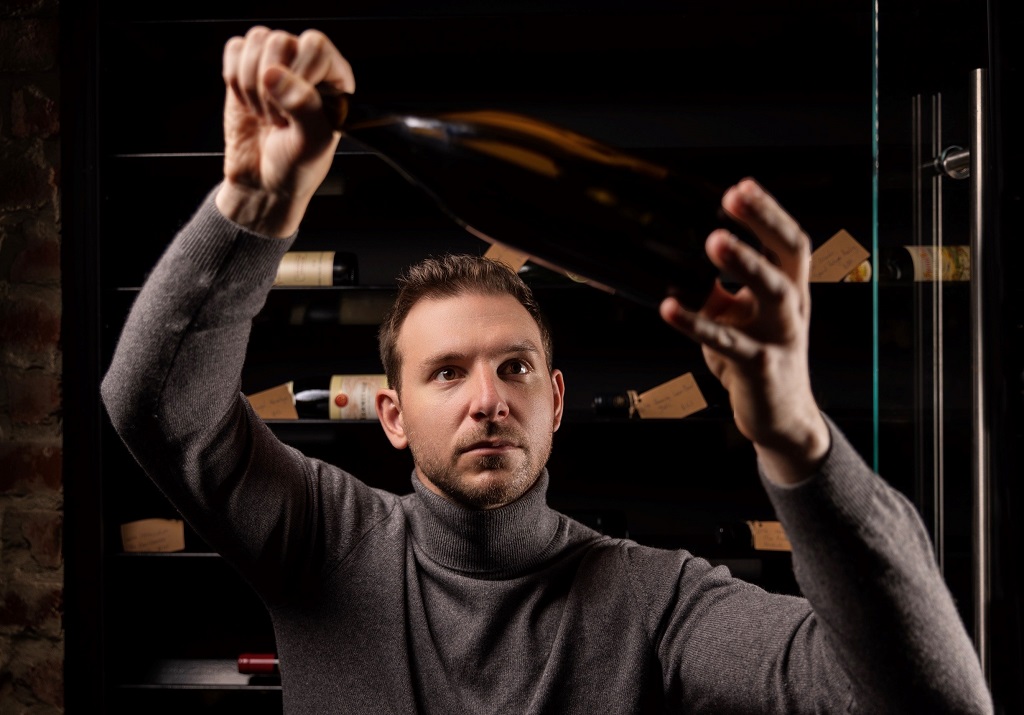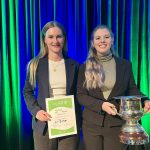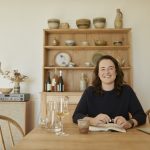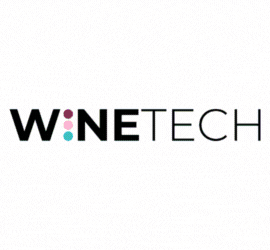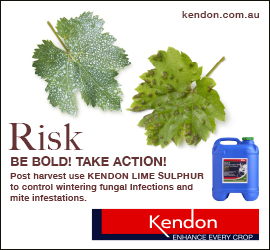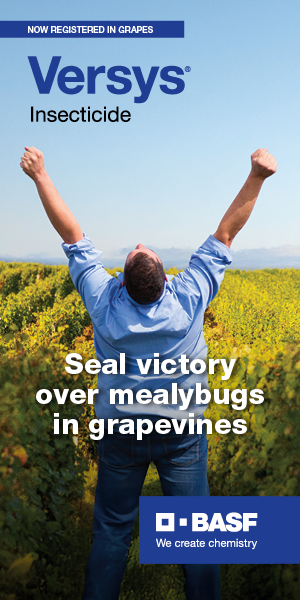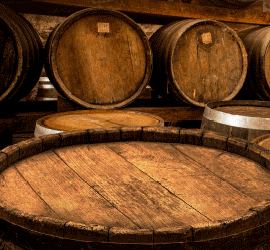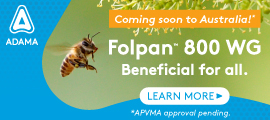Forging a path of excellence
Marcell Kustos has had a hand in some of the greatest wine experiences that Australia has to offer, having grown up around a passion for wine himself. He has used his career to lift the industry to new heights and help people create incredible experiences. Not to mention his own label of incredible wines. In this article published in the July 2023 issue of the Australian & New Zealand Grapegrower & Winemaker, he chatted with journalist Harrison Davies about what drives his passion for wine.
Marcell Kustos wants Australian wine to stand for excellence. He wants Australia to be the premier country in the world for wine.
This is no small feat.
But his passions for wine and drive for memorable experiences will inspire anyone to look Australia’s way and think of Australian wine among the elite players of the wine world.
He grew up amongst his family’s small parcel of vineyards in Hungary and spent his childhood years picking and crushing grapes shoulder to shoulder with his parents.
Wine became a part of his life as early as ten and the wine bug bit early. He said that he had been around wine and a passion for wine as long as he could remember.
“The annual harvest was part of the family agenda. So by the age of ten I was picking grapes and turning them into wine, so it was kind of part of my life,” Kustos explained.
Kustos said that as a child he was always creative and had passions for art and drawing, but eventually his creativity led him in another direction.
“I loved cooking and making cocktails – I just loved creating new flavours. I guess that’s why the process of winemaking appealed, even at a young age,” he said.
“When the time came to further my studies, I chose to learn a food engineering and winery operations degree [and] this is how my formal wine journey began.”
Following a master’s in gastronomy, his career quickly took him toward hospitality and customer service, attending many wine tastings and refining his knowledge of wine before eventually becoming a sommelier.
Eventually he would earn a PhD in wine science and sensory marketing, earning the Dean’s commendation for excellence for his efforts at the University of Adelaide.
His sommelier career began in Budapest, and after several years he found himself working at the Penfolds Magill Estate Restaurant in Adelaide, followed by stints in other top institutions including heading the beverage program for the multi-award-winning Restaurant Botanic.
Kustos now finds himself on both ends of the wine industry supply chain, as a winemaker for his own wine label, Ludo, as well as a consultant, aiming to help businesses create memorable wine experiences.
In both ventures, Kustos aims to bring excellence to the wine industry, and lift others up alongside him.
A sense of place
Kustos’ wine label, Ludo, began whilst he was pursing his PhD in the late 2010s.
While researching, he met fellow wine scientists and winemakers Dr Ana Hranilović and Dr Olaf Schelezki and found that they shared similar passions for fine wines. Together, they founded Ludo in 2018.
“We had some previous winemaking experience in Europe and we also had access to high quality vineyards in McLaren Vale to begin with, so we had the idea to make wine together.
“The name Ludo derives from Latin and it means to play, challenge, or explore – this embodied our belief that winemaking should be about exploring and challenging flavours rather than just producing wine for the sake of it.
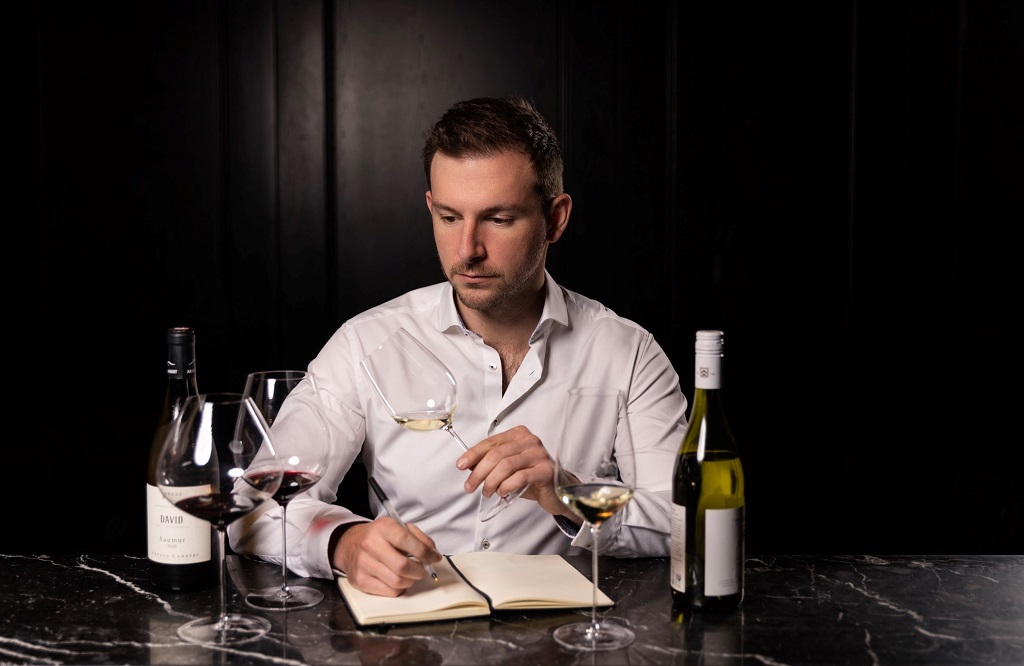
“At the start, we used a non-Saccharomyces yeast from Ana’s research. It’s quite special because it converts part of the sugar to lactic acid and therefore lowers the alcohol content in the finished wine. The yeast-produced acidity also bring a natural freshness to the wine.”
“Then we also tested water additions at different sugar ripeness levels, which was part of Olaf’s research. It was an interesting learning experience.”
Kustos has been sourcing grapes, mostly through McLaren Vale and Adelaide Hills. The vineyards are farmed based on organic/biodymanic principles, although not all of them are certified. To celebrate long-term grower relationships and regional diversity, he specifies the site on the bottle.
“Our first wine from McLaren Vale was labelled as Whites Valley Shiraz coming from Rob and Sarah’s vineyard in the district of Whites Valley, located next door to Aldinga,” he said.
“McLaren Vale and Adelaide Hills are geographic indications covering relatively large areas. There is a lot of variation in terms of soil type, geology, elevation and temperature so by labelling this way, we can promote diversity and sub-regions where the grapes specifically come from.”
The wine labels also feature a list of ingredients that went into the wines – a much debated feature that many winemakers shy away from doing themselves.
In his work as a sommelier, people would ask why not all wines were vegan, or why wines had different sulphites or yeasts, and why there wasn’t any information to know what was in the bottle.
“There’s a lot of different things that can go into wine besides grapes, so we literally just listed all the ingredients we used. In the first years we had grapes, yeast, water and sulphites on the label. Our latest wines have basically grapes and 30 parts sulphites as ingredients.”
Kustos argued that it appealed to younger consumers and said that transparency was the way to win new wine drinkers for the industry as a whole.
“We’ve been targeting millennials and younger wine drinkers and, being part of that group, we have a pretty good idea about the added value of transparency” he said.
In the last two years, vineyards, farming, geology and intentional winemaking decisions specific to site, vintage and grape variety have come to the fore for Ludo Wines.
“Intention and attention to detail are fundamental in portraying the vintage, vineyard and grape variety. Despite our best efforts, there will be some variations in ripeness levels and quality from one year to another. So we might adjust the length of barrel maturation, maceration times, whole cluster inclusion or the type of vessel.”
“In 2020, Ana and Olaf left Australia and I’ve been running Ludo with Lisi, my partner since. While Ludo is an ever-evolving concept, our philosophy to seek complexity, balance and purity remains the same.”
Serving excellence
Since leaving Restaurant Botanic, Kustos has set out on a mission to help wine businesses up their offerings when it comes to consumer experience and, as an extension, improving their sales.
He started his consulting business, Marcell Kustos Wine Concierge, in early 2023, and specialises in creating great cellar door experiences and improving brand visibility.
He explained that he had noticed that there was room for improvement among Australian cellar doors and around the time of COVID restrictions, many had to change up their offerings.
He set out to help the industry creating unique wine experiences and to improve the brand of Australian wine as a whole.
“COVID-19 hit and the restrictions around capacity and staffing forced wineries to look at their cellar doors and experiences from a different angle,” he said.
“Wine Communicators Australia, ran a cellar door experience workshop [where] I was one of the speakers.
“We visited McLaren Vale, Barossa Valley and Coonawarra and I presented one part of my PhD around food, wine and emotions and how that could be applied in cellar doors to create more memorable experiences, increase loyalty and average spend.”
Kustos decided to pull from his learnings through his PhD and from his experience at some of the top restaurants in the country to help businesses improve their offerings.
“I believe that a cellar door visit should be more than just a series of wines and a way to pass some time. I think they can be really deep, emotional and memorable encounters that create brand loyalty,” he said.
“It’s not necessarily just about one winery. Brand can be also a region and I think that’s something to really understand for everyone that it’s not necessarily just a one person game.”
“The reality is that a window seat with a fancy vineyard view just won’t do it anymore for most visitors.”
“People come to South Australia from other states, international visitation has resumed too and expectations are quite high. We just need to deliver more than superficial experiences.”
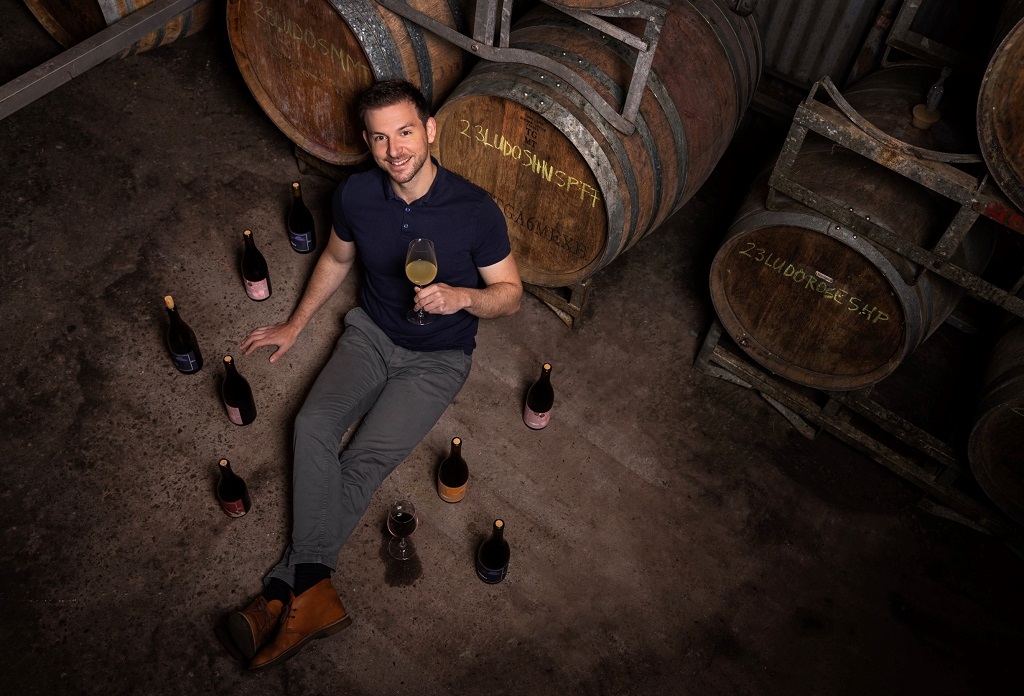
Kustos focusses on personalised experiences and he encouraged brands to educate and support their staff to tell their story well.
He said that brands should inspire their cellar door team to be as passionate about the wine as the winemaker and give them resources to succeed, as it’s the passion for the project that will build brand loyalty.
“It’s about the whole package you offer and the way you actually approach your services,” he continued.
“I’m talking about literally the whole package from parking your car, entering the cellar door, the way you are greeted, the music, the wine flight on offer, and the overall narrative.”
“Are there any food pairings on offer? Just by having different food items, even like the simple things that actually do match and amplify the wine can lead up to 35-40% increase in customer spend.”
The list goes on, and Kustos was confident that if he could help even a handful of wineries to create memorable experiences, it would benefit the industry as a whole.
“It’s really just about treating your guests, your customers, as friends and not like transactions. If you focus on exceptional customer experience, sales will follow,” he concluded.
Marcell applied his holistic and customer experience-focused approach at the Alkina Tasting Room and the renewed Shaw + Smith Tasting Room, two projects he was recently involved in.
This article was originally published in the July 2023 issue of the Australian & New Zealand Grapegrower & Winemaker. To find out more about our monthly magazine, or to subscribe, click here!
To view the current issue of the Grapegrower & Winemaker, visit our Current Issue page.
